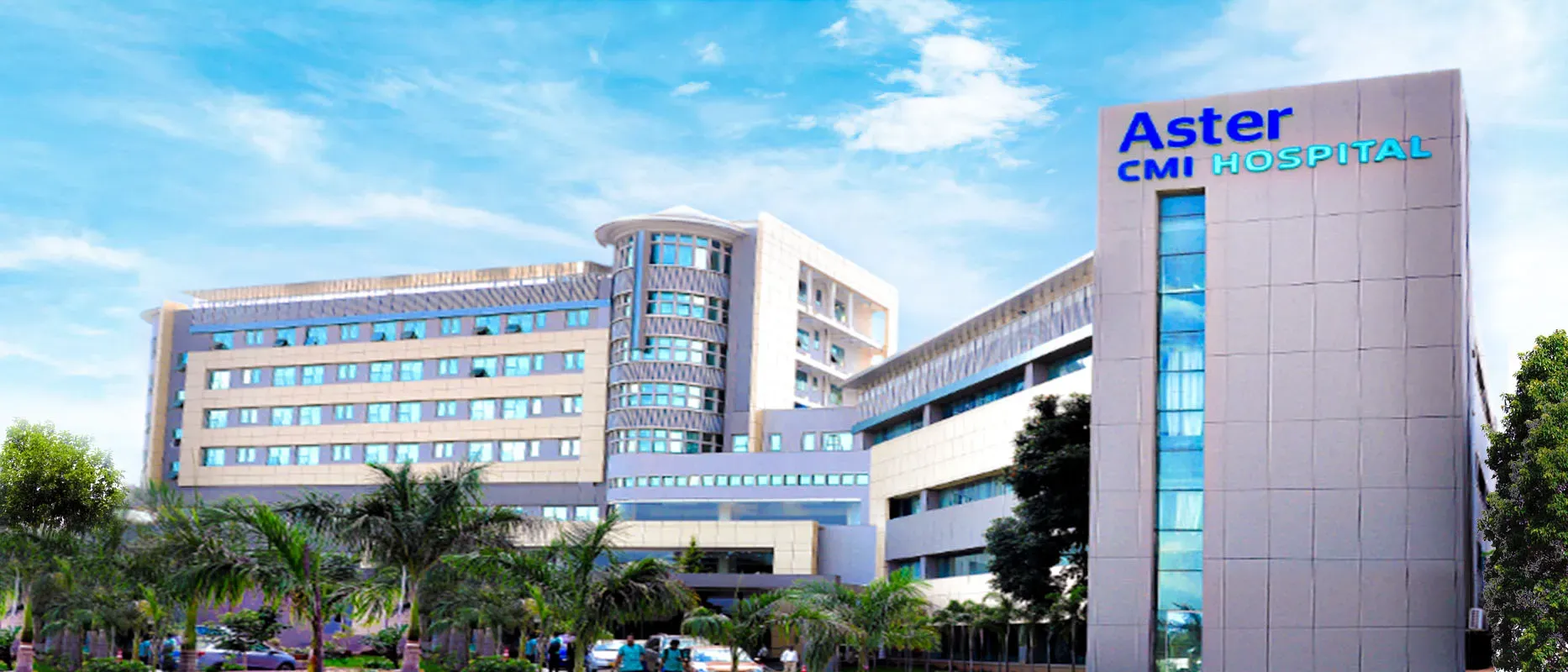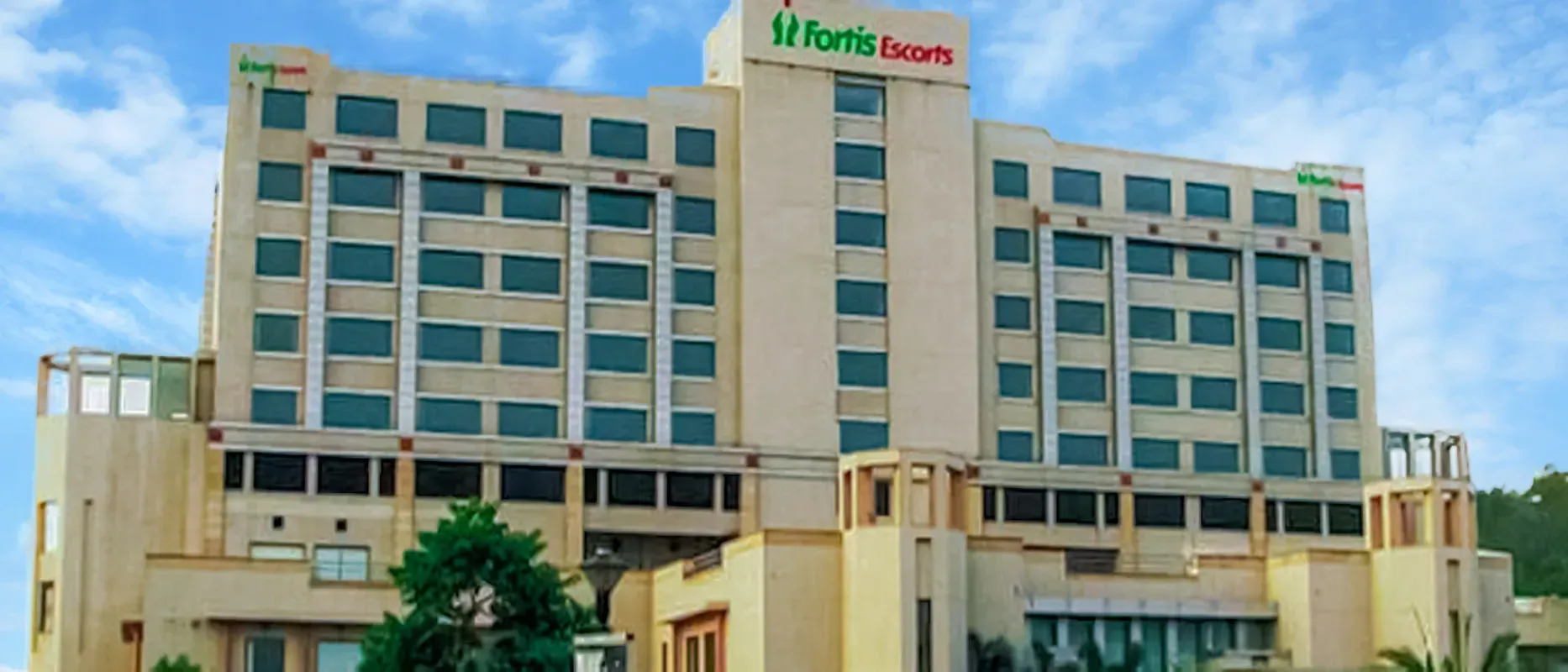Complete Details of IVF Treatment Cost in India
IVF is an advanced procedure used in reproductive assisting technologies. It has the advantage that it is a non-surgical and non-invasive procedure. IVF is also known as In Vitro Fertilization or Test Tube Baby. It usually takes 4-5 weeks but can vary according to the individual patient's situation.
The Cost of IVF Treatment in India Range from ₹ 1,10,000 to ₹ 3,30,000 for 1 IVF Cycle. IVF Treatment Cost may Vary Due to Many Factors that Includes The Patient's Medical Conditions, Medicines, IVF Cycle Treatment Types and Different Cities of Indian Hospitals.
Types of IVF Treatment and Cost in India
| Types of IVF Treatment In India |
Package Covered in IVF Treatment |
IVF Treatment One Cycle Cost in INR |
| Natural Cycle IVF Treatment Cost in India |
Ovum Retrieval
Embryo Transfer
ICSI (Intracytoplasmic Sperm Injection)
Consultation of Infertility Specialist
Ultrasound Scans |
₹ 50,000 to ₹ 80,000 |
| Minimal Stimulation IVF Treatment Cost in India |
Ultrasounds Scans
Diagnostic Tests
Consultations
ICSI (Intracytoplasmic Sperm Injection)
Ovum Retrieval
Embryo Transfer
Injections for Stimulation |
₹ 1,20,000 to ₹ 1,50,000 |
| Oocyte Cryopreservation IVF Treatment Cost in India |
Ultrasounds
Consultations
Egg Retrieval and Freezing for One Year
Embryo Transfer
ICSI
Stimulation Injections |
₹ 1,60,000 to ₹ 1,80,000 |
| Ovum Donation IVF Treatment Cost in India |
Ultrasounds
Egg Retrieval
Six Months of Freezing of Retrieved Egg
Injections for Stimulation
ICSI
Embryo Transfer |
₹ 1,80,000 to ₹ 2,00,000 |
| Multiple Attempt IVF Treatment Cost in India |
Ultrasounds
Six Months of Freezing
Consultations
Injections for Stimulation
The Natural Cycle of IVF
Ovum Donation IVF |
₹ 2,80,000 to ₹ 3,00,000 |
IVF Treatment Cost in India by IVF Cycle, Cities and Foreigners
IVF Treatment Cost by IVF Cycle in India
A simple and conventional IVF cycle usually includes Egg Retrieval, Embryo Transfer, Infertility Specialist Consultation charges, and Ultrasound Scans with a cost range of ₹ 90,000 to ₹ 1,00,000. However, some additional procedures can affect the cost of the overall process of the IVF cycle. These procedures and their associated range of cost are mentioned below:
| IVF Cycle Treatment Costs in India |
Min in INR |
Max in INR |
| Stimulation Injections |
₹ 50000 |
₹ 60000 |
| Embryo Thawing |
₹ 30000 |
₹ 40000 |
| ICSI (Optional) |
₹ 10000 |
₹ 20000 |
| Blastocyst (Optional) |
₹ 10000 |
₹ 20000 |
| Embryo Freezing (Optional) |
₹ 25000 |
₹ 40000 |
| Diagnostic Hysteroscopy |
₹ 25000 |
₹ 30000 |
| Frozen embryo transfer |
₹ 30000 |
₹ 35000 |
| Diagnostic Laparoscopy |
₹ 60000 |
₹ 70000 |
| 6-month embryo storage |
₹ 25000 |
₹ 35000 |
| 1-year embryo storage |
₹ 35000 |
₹ 45000 |
| Embryo Donation |
₹ 70000 |
₹ 80000 |

City Wise IVF Treatment Cost in India
The IVF treatment cost may also vary in different hospitals of different cities in India. This is due to the facilities of hospitals and the availability of the skilled health providers in a single setting. Some of the cost ranges in different cities are described below.
| IVF Cost by Indian City |
Min Cost in INR |
Max Cost in INR |
| Mumbai |
₹ 2,00,000 |
₹ 3,00,000 |
| Bangalore |
₹ 1,60,000 |
₹ 1,75,000 |
| Chennai |
₹ 1,45,000 |
₹ 1,60,000 |
| Delhi |
₹ 90,000 |
₹ 1,25,000 |
| Nagpur |
₹ 75,000 |
₹ 90,000 |
| Hyderabad |
₹ 70,000 |
₹ 90,000 |
IVF Treatment Cost in India for Foreigners
The Cost of IVF Treatment in India for the Foreigners starting from ₹ 330000 - ₹ 460000 depends on multiple factors that includes patient's medical conditions, IVF cycle treatment types, medications, and in which city they wants to take the treatment.
The leading IVF center in India, now offers equal opportunities to all infertile foreigners looking for IVF treatments. The center provides a comprehensive range of assisted reproductive technologies, including In-Vitro Fertilization (IVF), Intracytoplasmic Sperm Injection (ICSI), egg freezing, semen cryopreservation, surgical sperm extractions, semen analysis tests, and affordable fertility medications.
India offers various IVF treatments to international couples and also provides a wide range of affordable fertility treatments. The center for IVF in India takes care of the entire IVF process which includes registration, consultations, legal requirements, and the IVF procedure itself. IVF treatments cost in India are significantly more cost-effective as compared to other countries that range from ₹ 330000 - ₹ 460000
Factors Affecting IVF Treatment Cost in India
Many factors can affect the overall cost of the IVF cycle. And it is essential to understand before making an informed decision. Here are some of the factors described below:
Choice of Hospital or Clinic: Different hospitals or fertility clinics may have varying fee structures based on their facilities, reputation, and success rates.
Experience of the Fertility Specialist: The expertise and experience of the fertility specialist overseeing the IVF treatment can influence the overall cost, as experienced professionals may charge higher fees.
Pre-Treatment Tests: The cost of diagnostic tests and screenings conducted before IVF treatment can contribute to the overall expense.
Medication Costs: The type and quantity of medications prescribed for ovarian stimulation and hormonal support during IVF can significantly impact the total cost.
Inclusions in the Package: The comprehensiveness of the IVF package, including services like Egg Retrieval, Embryo Transfer, Ultrasound Scans, and professional charges, can vary among different clinics.
Additional Procedures: Essential add-ons such as Stimulation and injections, Embryo Thawing, and conditional add-ons like ICSI, Blastocyst, and Embryo Freezing can also contribute to the overall cost.
Success Rates: Clinics with higher success rates may charge more for their services. However, the correlation between cost and success rates should be carefully considered.
IVF Success Rate in India Based on Female Age
| Female Age |
IVF Success Rate Statistics in India |
IVF Success Rate |
| Under 35 Year Old |
Birth Success Rate Per IVF Cycle |
40-50% |
| Pregnancy Rate Per IVF Cycle |
50-60% |
| 35-37 Years Old |
Birth Success Rate Per IVF Cycle |
30-40% |
| Pregnancy Rate Per IVF Cycle |
50-60% |
| 38-40 Years Old |
Birth Success Rate Per IVF Cycle |
20-30% |
| Pregnancy Rate Per IVF Cycle |
40-50% |
| 41-42 Years Old |
Birth Success Rate Per IVF Cycle |
10-20% |
| Pregnancy Rate Per IVF Cycle |
30-40% |
| Over 42 Years Old |
Birth Success Rate Per IVF Cycle |
Below 5% |
| Pregnancy Rate Per IVF Cycle |
Below 20% |
For More Details of IVF Success Rate in India Please Read the Blog
Top Hospitals for IVF Treatment in India
Shaping the future of the healthcare institution and establishing the path to accomplishment.
Top Doctors for IVF Treatment in India
Empower your Health with the Expertise of Leading Medical Professionals.
Dr Neha Gupta IVF Specialist
Department of IVF
Senior Consultant
Book Appointment
Dr Meenakshi Dua Infertility Specialist
Department of Gynaecology
Clinical Director
Book Appointment
Dr. Tanya Buckshee Rohatgi
Department of Infertility/IVF
Principal Consultant
Book Appointment
Dr Shanu Gairola
Department of Obstetrics & Gynaecology
Consultant
Book Appointment
Check the IVF Treatment Cost by Various Hospitals in India
Be the change and be an opportunist in transforming healthcare.
Steps for IVF Treatment in India
Guiding your Journey from Discovery to Treatment Planning and Beyond.
Discovery
Get a consultation to discover about your treatment
Pre-Treatment
Admission to the best hospital and all pre-treatment facilities
Post Treatment
Get post-treatment follow-up care with medicine fulfillment
Treatment Planning
Hassle-free treatment planning with package & cost estimations
in-treatment
world-class quality procedures and equipment for treatment



























